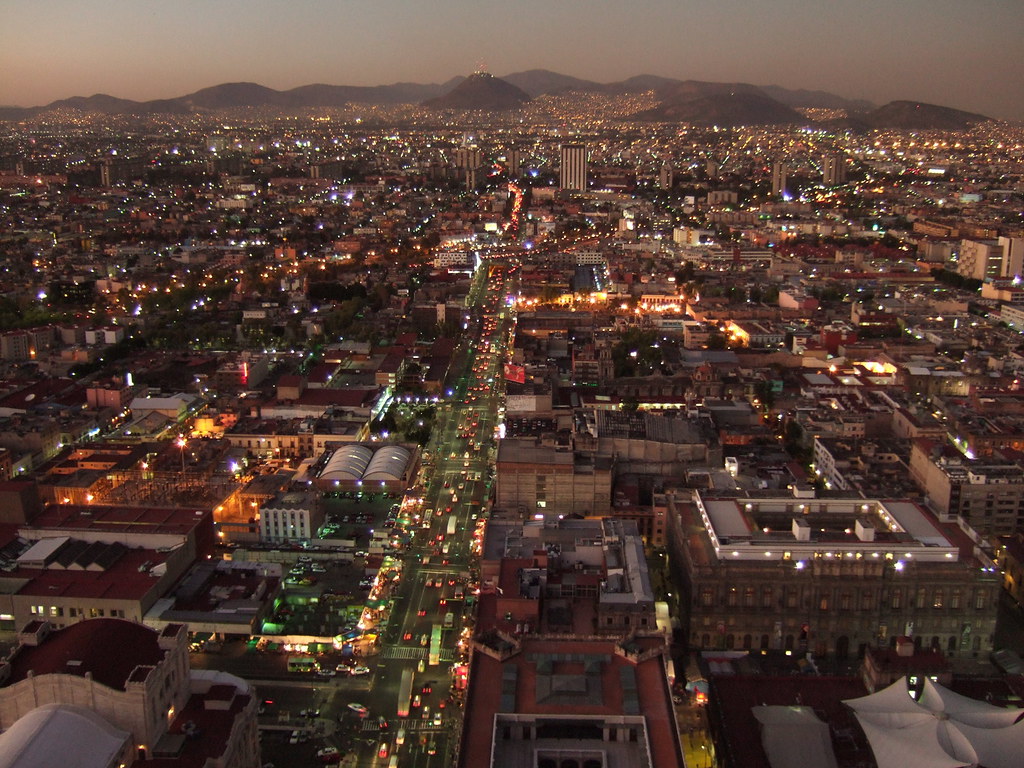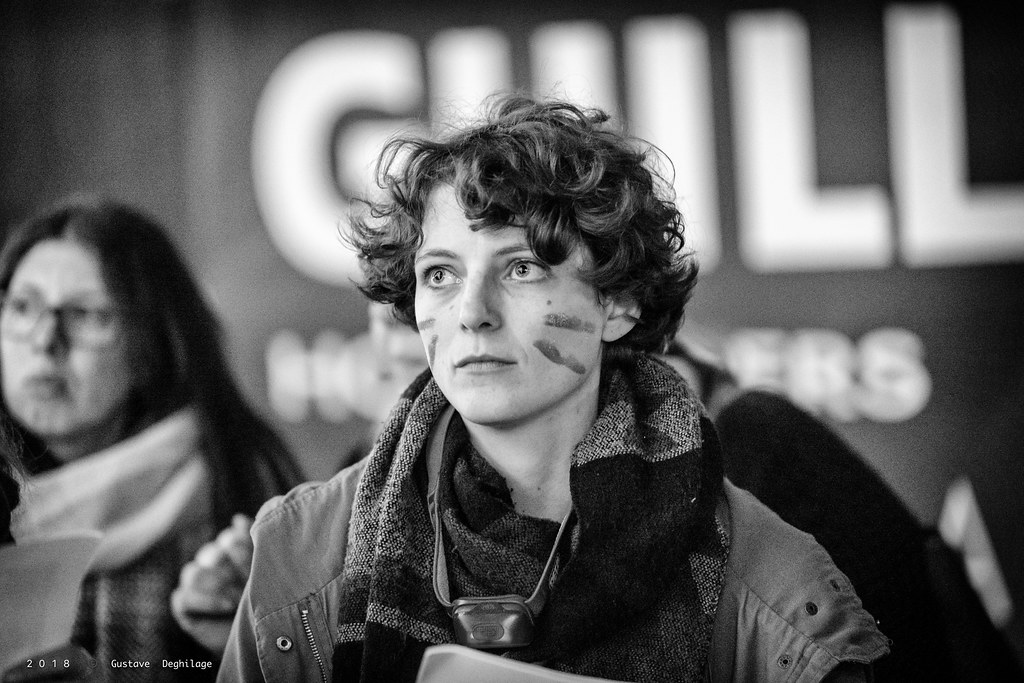Have you ever stopped to ponder the authenticity of your yesterdays? The notion that our past might be nothing more than a tapestry of fabricated memories is as unsettling as it is intriguing. It challenges the very foundation of our personal narratives and begs the question: can we trust our recollections? This article delves into the enigmatic world of memory, exploring the phenomenon of false memories and the factors that contribute to their creation.
Memory, often perceived as a reliable mental record akin to a camera’s unerring eye, is in reality more akin to an artist’s canvas – subject to reinterpretation and alteration. The human brain is not a flawless archive of our past; it is a dynamic and malleable organ, capable of creating false memories that range from benign forgetfulness to complete fabrications of events that never occurred.
The science behind false memories reveals a startling truth: our memories are not as dependable as we might like to believe. Research has shown that we are all susceptible to memory distortions, and even individuals with exceptional recall are not immune to fabricating events without conscious awareness. The Mandela effect, a phenomenon where large groups share the same incorrect recollection, further illustrates the pervasiveness of false memories.
The work of memory expert Elizabeth Loftus has been pivotal in uncovering the fragility of human memory. Through her experiments, Loftus demonstrated that a significant portion of individuals could be led to believe in false events from their past, such as being lost in a shopping mall as a child or taking a hot air balloon ride, with the aid of suggestive questioning or manipulated visual evidence. These studies underscore the ease with which our memories can be influenced and reshaped.
While many false memories are inconsequential, their potential to cause harm should not be underestimated. In the realm of criminal justice, for example, a false memory relayed during testimony can lead to wrongful convictions, highlighting the critical need to understand the mechanisms behind these memory distortions.
The formation of false memories can be attributed to several factors, including inaccurate perception, inference, emotions, misinformation, and misattribution. Our sensory perceptions are not infallible, and when we fail to encode an event accurately, our brains may fill in the gaps with fabricated details. Similarly, our existing knowledge and beliefs can influence how we reconstruct memories, leading to a blend of fact and fiction.
Emotions, particularly negative ones, can also distort our recollections. High arousal levels, whether associated with positive, negative, or neutral emotions, have been linked to an increased likelihood of false memories. Misinformation, such as leading questions or incorrect data, can further corrupt our memory, as demonstrated by Loftus’s studies on the misinformation effect.

Misattribution, where details from different events are conflated, and fuzzy tracing, where we remember the gist rather than the specifics of an event, are additional contributors to the creation of false memories. These cognitive processes illustrate how our interpretations of events can diverge from reality, resulting in memories that are not true reflections of the past.
Given the complexity of memory and the myriad factors that can lead to false recollections, it is challenging to discern the veracity of our memories. However, there are strategies that can aid in this endeavor. Seeking external evidence that corroborates or contradicts a memory can be a valuable tool in assessing its accuracy. It is also important to recognize that confidence in a memory does not equate to its truthfulness, and to be mindful of how external influences, such as the phrasing of questions or exposure to misinformation, can alter our memories.
The exploration of false memories reveals the intricate and fallible nature of human recollection. As we navigate the labyrinth of our past, it is crucial to approach our memories with a healthy dose of skepticism and an understanding of their potential to deceive. By acknowledging the limitations of our memory, we can better recognize the line between reality and fabrication, and strive to preserve the integrity of our personal histories.
Diving into the second section of our exploration of memory’s mysterious landscape, we encounter the profound impact false memories can have on our lives and the strategies we can employ to discern their authenticity. The implications of false memories stretch far beyond the occasional forgotten anniversary date or misplaced keys; they can shape our identity, influence our decisions, and even alter the course of justice.
False memories can be as benign as believing you had a pet rabbit as a child when you did not, or as consequential as misidentifying a suspect in a criminal lineup. The latter scenario underscores the gravity of false memories in legal contexts. When witnesses confidently assert their recollections, the stakes are high, and the risk of wrongful convictions becomes a stark reality. The legal system’s reliance on eyewitness testimony is fraught with the potential for error, given the malleability of human memory.
The Mandela effect, a term coined from the widespread but incorrect belief that Nelson Mandela died in prison in the 1980s, exemplifies how collective memories can diverge from historical fact. This shared phenomenon raises questions about the reliability of societal recollections and the factors that can lead entire groups to remember events that never happened.
How to Discern False Memories
The quest to differentiate between true and false memories is akin to navigating a maze with no clear exit. Without external corroboration, the task is challenging, but not impossible. Here are some strategies to help you assess the accuracy of your memories:
Seek External Evidence
Corroborating a memory with tangible evidence can be a powerful method to verify its truthfulness. For instance, consulting historical records, photographs, or other people’s accounts can either support or refute your recollections. This approach, however, is not foolproof, as external sources can also be subject to inaccuracies or biases.
Understand the Fallibility of Confidence
A common misconception is that confidence equates to accuracy. However, the certainty with which someone recalls an event is not a reliable indicator of its veracity. Overconfidence can be misleading, and memories recalled with great detail and emotion can still be false.

Be Mindful of Suggestibility
The way questions are phrased or information is presented can significantly influence memory reconstruction. Leading questions or exposure to incorrect information can plant the seeds of false memories. It’s essential to be aware of suggestibility and critically evaluate the sources of your recollections.
Avoid Misinformation
In an era where information is abundant and not always accurate, it’s crucial to be discerning about the media we consume. Misinformation can insidiously weave its way into our memories, distorting our perception of past events. Staying informed through reliable sources and fact-checking can help safeguard against the incorporation of falsehoods into our memory bank.
The Takeaway
As we delve deeper into the enigma of memory, we come to understand that our recollections are not etched in stone but are instead fluid and susceptible to change. The realization that our memories can deceive us is humbling, yet it also empowers us to approach our past with a more critical eye.
False memories are a testament to the brain’s remarkable ability to create narratives, but they also serve as a cautionary tale about the limits of our perception. By acknowledging the existence of false memories and equipping ourselves with the tools to discern them, we can strive to maintain a more accurate and authentic account of our personal history.
In the grand tapestry of our lives, memories are the threads that weave together our sense of self and our understanding of the world. As we continue to unravel the complexities of the human mind, let us embrace the fallibility of our memories with grace, knowing that they are but one part of the intricate puzzle that makes us who we are.
The journey through our memories is not about seeking infallibility but about seeking understanding. It’s about recognizing the beauty in the imperfection of our recollections and the stories they tell. As we navigate the shifting sands of memory, let us do so with curiosity, compassion, and an unwavering commitment to uncovering the truth, wherever it may lead us.
Related posts:
How to Recognize False Memories
False Memory: How Memories Form and Why So Many May Be False
What Is False Memory OCD, and how is it treated?





